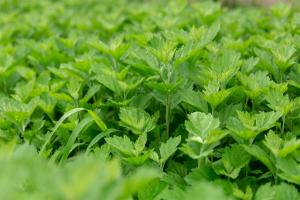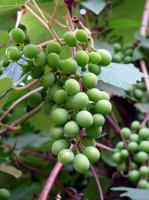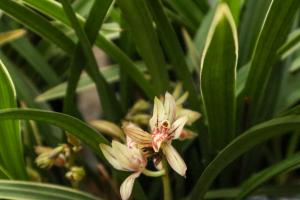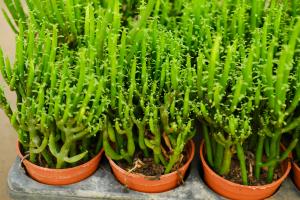Does Laundry Water Hurt Plants?
Have you ever wondered what happens when you use laundry water to water your plants? Does it have any harmful effects on them? This article will explore the impact of laundry water on plants and provide insights into how to use it safely.
The Composition of Laundry Water
Before we dive into the question of whether laundry water can hurt plants, we need to understand what laundry water is made up of. Laundry water, also known as greywater, is the water that is used to wash clothes, dishes, and other household items. It typically contains soap, detergents, fabric softeners, and other cleaning agents.
While laundry water may contain some harmful chemicals, the concentration is generally low. Most laundry detergents and fabric softeners are designed to be safe for the environment, and many are biodegradable. However, some brands may contain phosphates, chlorine, and artificial fragrances, which can be harmful to plants.
The Impact on Plants
So, can laundry water hurt plants? The answer is yes, it can. The harmful effects of laundry water on plants depend on the composition and concentration of the chemicals in the water. Some of the chemicals in laundry detergents and fabric softeners can affect plant growth and development.
For example, phosphates can cause algae growth in waterways, which can lead to the depletion of oxygen in the water, thereby harming aquatic life. Chlorine can burn plant leaves and disrupt the balance of the soil. Artificial fragrances can attract insects and pests, which can damage the plant.
How to Use Laundry Water Safely
Despite the potential risks, there are ways to use laundry water safely on your plants. Here are some tips:
Use laundry water on plants that are not edible, such as ornamental plants and flowers.
Avoid using laundry water with high concentrations of chemicals, such as bleach or fabric softener.
Use laundry water that has been filtered or diluted with clean water.
Avoid using laundry water on plants that are sensitive to chemicals or susceptible to pests and diseases.
In addition, it is important to note that some regions have regulations regarding the use of greywater for irrigation. Be sure to check your local laws and regulations before using laundry water on your plants.
Conclusion
In conclusion, while laundry water can potentially harm plants, it is possible to use it safely with the right precautions. Always consider the concentration and composition of the chemicals in the water, and avoid using it on plants that are sensitive to chemicals or prone to pests and diseases. By following these guidelines, you can reduce the potential risks and use laundry water as a sustainable irrigation option for your plants.

 how many times do yo...
how many times do yo... how many planted tre...
how many planted tre... how many pine trees ...
how many pine trees ... how many pecan trees...
how many pecan trees... how many plants comp...
how many plants comp... how many plants can ...
how many plants can ... how many plants and ...
how many plants and ... how many pepper plan...
how many pepper plan...
































